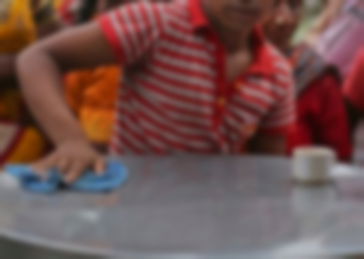 | Child labor is one of the worst consequence of the mass tourism in many countries around the world. It insidiously developed without drawing attention till becoming a phenomenon embedded in the concerned communities and so hard to tackle. The contribution of children to tourism is difficult to estimate but it could be around 15% or more of the global labor force in this sector. The laboring activity in tourism is particularly harmful for children as it exposes them to all kind of abuses and put them in threat at the contact with adult tourists. International conventions prohibit the work in tourism for juveniles under 18 years old, as tourism is classified among the worst forms of child labor. |
Child labor in tourism may be obvious as the sale of post cards, souvenirs and trinkets, animal rides services, drinks and food services (among many other duties depending the countries…) but it can be also hidden behind the walls as housekeeping, helping in the kitchen and other domestic tasks. This hiding child labor is impossible to evaluate. In Jordan, child labor in tourism is strictly prohibited by law as Jordan has signed the international ILO conventions. However, this insidious phenomenon still exists in Petra where you will see children selling souvenirs and donkey rides. The child labor in Petra can be partly explained by the strong ties the community maintain with the site which was their home since generations. | 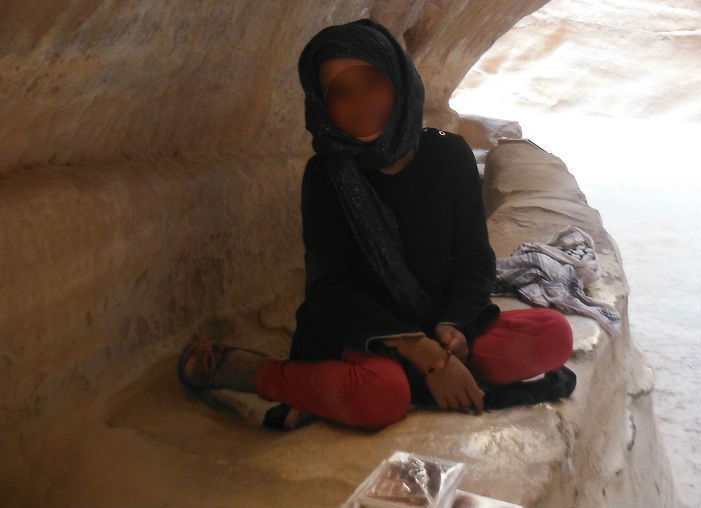 |
 | Without a proper awareness, a traveler may think that the contact with foreigners represents an advantage for the children, that through their commercial they can acquire skills and put the sense of responsibilities... one could be impressed by the aptitude of the children to manage their communication in several languages and deduct that the work develops interesting abilities for children… or we could think that giving money to children will help the local community. Don’t get wrong! Child labor is definitely harmful for children and their community! |
Why?
Child labor has many implications with heavy consequences, as:
- A child need to play to develop his skills as well as his social interactions. Labor keeps the child away from playing time, places and little friends. He won’t be able to developed balanced relationship and that will impacts his adult life.
- The commercial relationship with adults subverts the way of considering individuals, as the child will develop the vision that interactions with people are just a way to get money. This impacts negatively his way to consider human relationships.
- Working children get adult behaviors as they reproduce what they see around. Laboring children have no childhood.
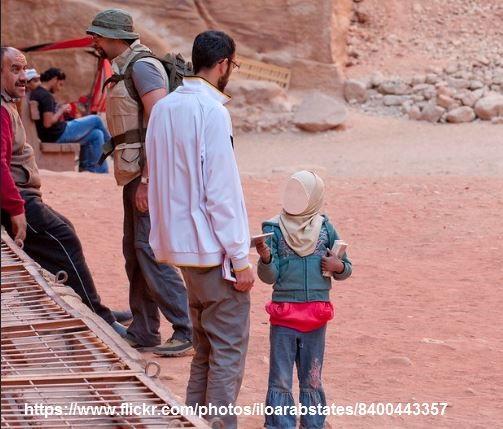
- A child must get a good education and go to school, even in areas where high studies do not seem to be a priority. Laboring children often skip the school, or partly attend the classes. Even in case where the timing allows the child to go to school, the labor time will overlap the homework and decrease the school results.
- A laboring child is a tired child as he does not get time for resting and sleeping as the growing process would request.
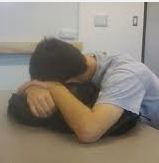
- A laboring child is a psychologically burdened child, as he is engaged in the responsibility to bring back livelihood.
- The work and responsibilities requested from a child overpass his effective capacity and development. As a consequence, the child unconsciously get anguished.
- Moreover, the working environment, whatever it is, can in any case be child-friendly as it induce productivity, competition, pressure, conflicts with colleagues, aggressively and sometimes violence and harassment, all kind of conditions that impregnate the child with negative feelings as inferiority, incapacity, self-depreciation...
- Children cannot get any psychological support for resolving the stress and evacuate the negative impressions they may get from their working place and interactions.
- As a consequence of all those factors, the large majority of working children experiment depression at their adult age.
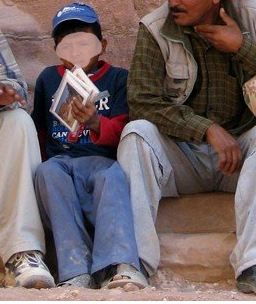
- Working places are also not appropriate for children as they do often do not offer the facilities a child need, as proper toilets, place of rest, first aid in case of injure, appropriate food and drink… and may even represent a danger, may be subject to excessive heat or cold, dirtiness...
- Tasks requested from children may be inappropriate, dangerous and surpassing their real capacities. This is for example the case of dealing with animals.
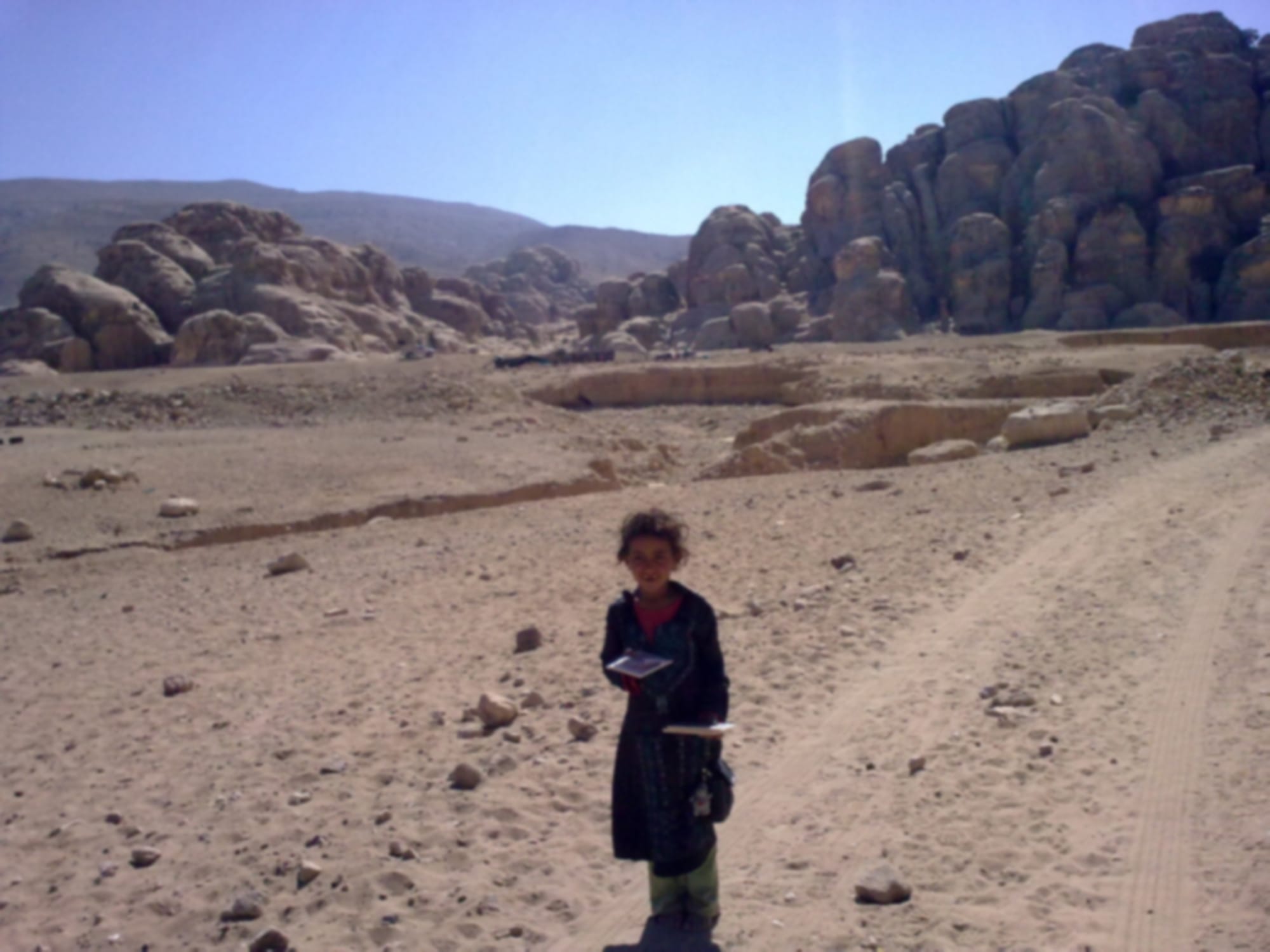
- Regarding the community and the children families, child labor has a perverse impact as a generation with a low educational level will not be able to reach good positions on the labor market. The juveniles will not have any choice for their career. Child labor maintains the community in a status quo and prevents it to develop new perspectives and increase its opportunities. The children of the today working children will be working children! In this case, the community is not able to diversify its resources and only depends on the tourism industry. This phenomenon represents a serious threat in the eventuality of a crisis.
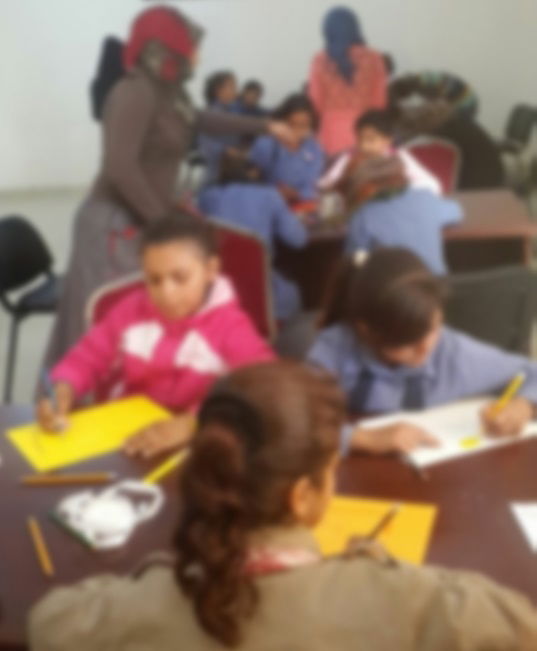
Your attitude in front of laboring children has real consequences!
Giving money to children either as a gift or as a compensation for a service or a good will not help their community but maintain alive a pernicious system that keep children away from education and make their community vulnerable. Never participate in any way to the child labor system!
Even if the children may look cute and friendly, consider those basic advices:
- Do not buy any object or service from children
- Do not accept an animal ride conducted by a child: beside the issue of the laboring child, this situation impacts negatively the animals and may be dangerous for yourself.
- Do not offer money or any kind of gift to children
The development of the community based tourism may also represent a threat regarding the child labor in the familial frame. In this case, the phenomenon will not be obvious like on or around an archaeological site. In the domestic sphere, it is hard to establish the limit between a natural cooperation of the juveniles and a real load of work. Housekeeping, preparing beds, serving the visitors, dish washing… the home hospitality, when it becomes successful and recurrent, can also insidiously induce child labor, loading the children with lots of little tasks and keeping them away from their homework and sleeping hours. This is the reason why it is so important to raise awareness to the visitors and to the families themselves, which may not see any threat linked to the help from their own children. If, during a homestay, you suspect that the contribution of the juveniles exceeds a helping hand, please inform your organizer in order the subject to be discussed with the family.
